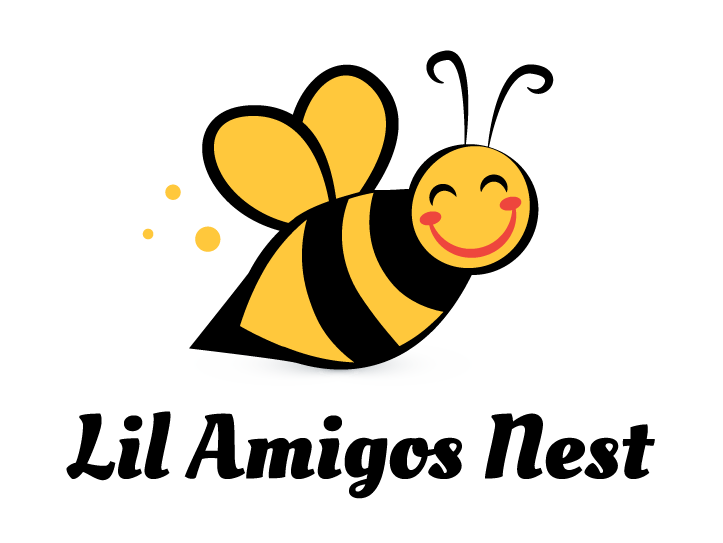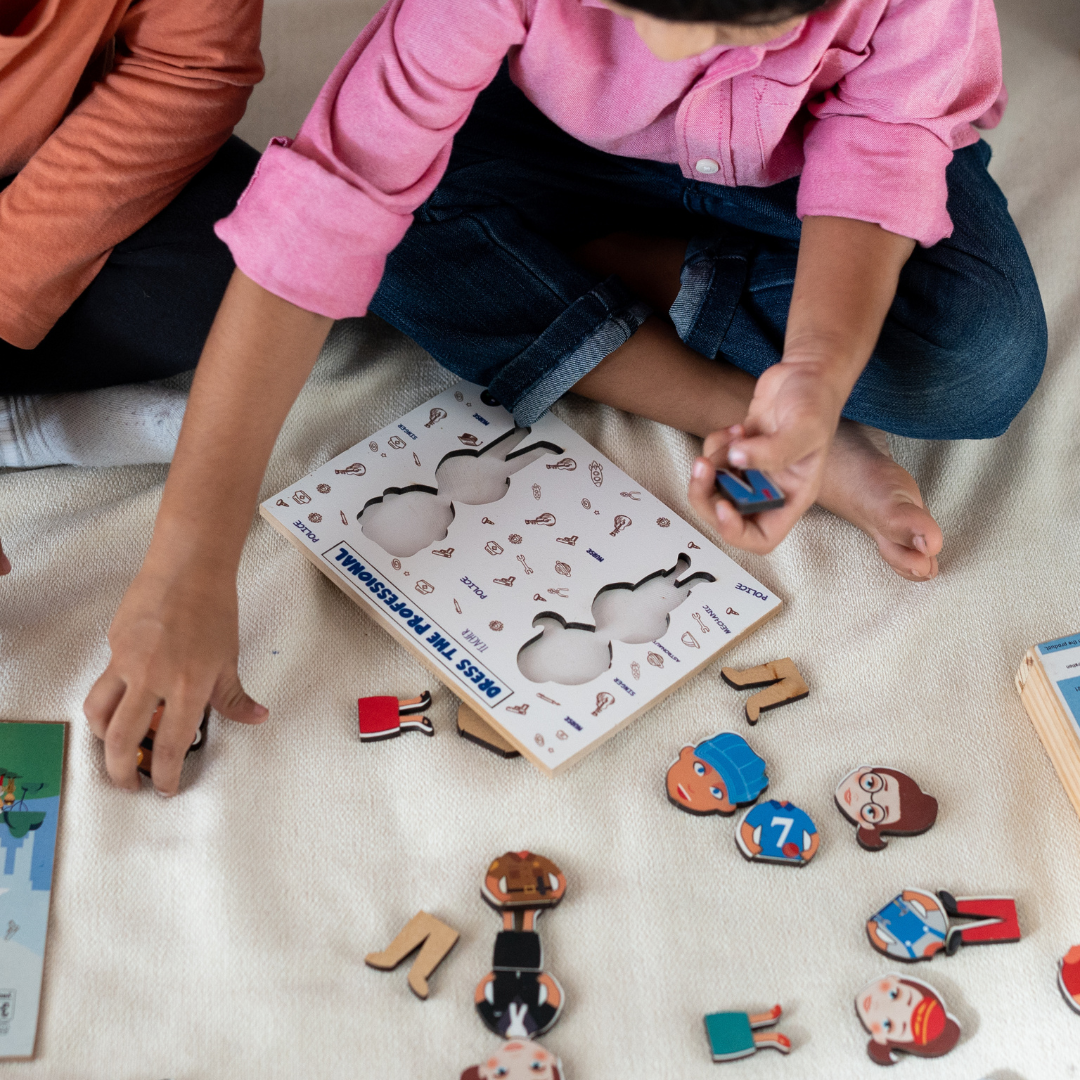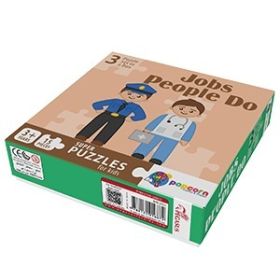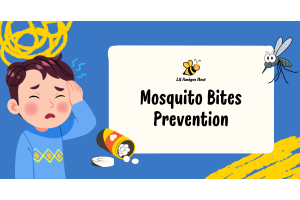Smart Riddles for Kids (with Answers)
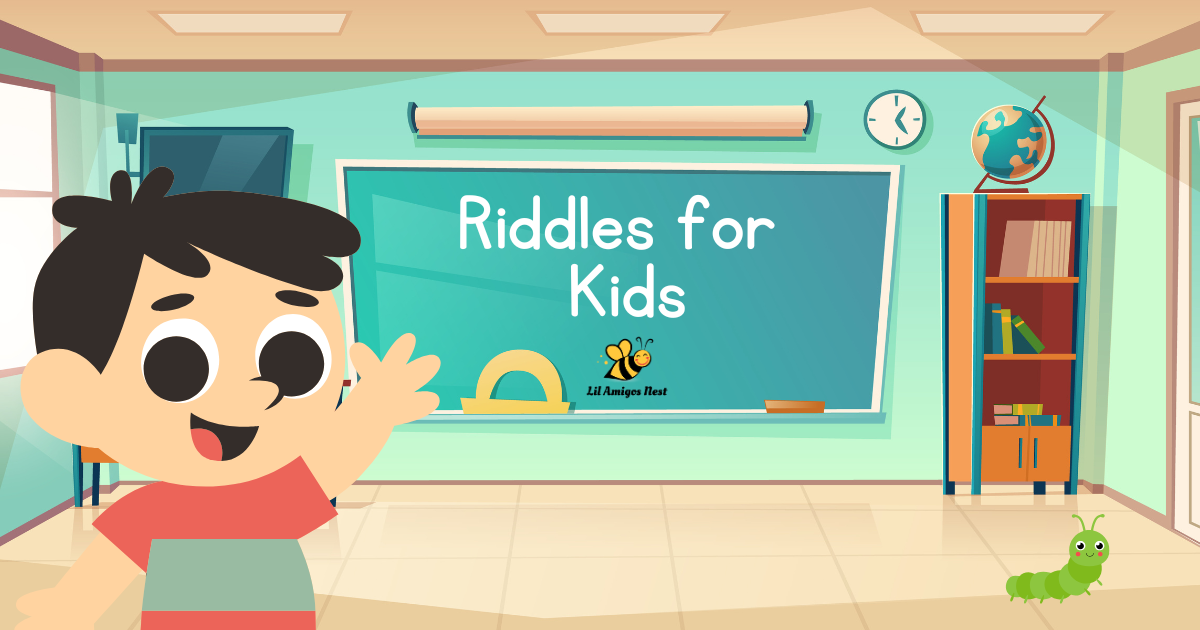
Kids love to play, laugh, and learn new things. One of the best ways to sharpen their minds while having fun is through riddles for kids. These short and smart puzzle questions make children think creatively, improve their vocabulary, and encourage problem-solving. Whether it’s a lazy afternoon or family game night, riddles with answers can bring a lot of joy and learning to your home.
In this blog, we’ve collected some of the best riddles in English and a few riddles in Hindi with answers that are perfect for kids of all ages. They are funny, tricky, and simple enough to keep your child entertained while helping them think a little harder.
Let’s get started with some brain-teasing fun!
Why Riddles Are Good for Kids
Riddles are not just fun; they are educational. They help children:
- Develop critical thinking skills
- Learn how to look at problems from different angles
- Improve reading comprehension and memory
- Strengthen communication skills
When kids solve riddles, they practice logical thinking while enjoying themselves. That’s why parents and teachers often use puzzle questions to make learning more interactive.
Easy Riddles for Kids (with Answers)
Let’s begin with some simple and funny riddles that younger kids can easily understand.
- Riddle: What has hands but cannot clap?
Answer: A clock. - Riddle: What has a face and two hands but no arms or legs?
Answer: A clock. - Riddle: I’m tall when I’m young and short when I’m old. What am I?
Answer: A candle. - Riddle: What can you catch but not throw?
Answer: A cold. - Riddle: What has a neck but no head?
Answer: A bottle. - Riddle: What gets wetter as it dries?
Answer: A towel. - Riddle: What belongs to you but is used more by others?
Answer: Your name. - Riddle: What can travel around the world while staying in the same corner?
Answer: A stamp. - Riddle: I have keys but no locks. I have space but no room. You can enter but can’t go outside. What am I?
Answer: A keyboard. - Riddle: The more you take, the more you leave behind. What am I?
Answer: Footsteps.
Tricky and Smart Riddles for Kids
These are slightly more challenging riddles for older kids who enjoy thinking deeper.
- Riddle: What comes once in a minute, twice in a moment, but never in a thousand years?
Answer: The letter “M”. - Riddle: What has one eye but cannot see?
Answer: A needle. - Riddle: What goes up but never comes down?
Answer: Your age. - Riddle: What has many teeth but cannot bite?
Answer: A comb. - Riddle: What runs but never walks, has a bed but never sleeps?
Answer: A river. - Riddle: What is full of holes but still holds water?
Answer: A sponge. - Riddle: If you drop me, I’m sure to crack, but smile at me and I’ll smile back. What am I?
Answer: A mirror. - Riddle: What word is spelled wrong in every dictionary?
Answer: Wrong. - Riddle: What has legs but doesn’t walk?
Answer: A table. - Riddle: What is always in front of you but can’t be seen?
Answer: The future.
Funny Riddles for Kids (with Answers)
A good laugh while learning is the best kind of fun. Here are some funny riddles that will make kids giggle and think!
- Riddle: Why did the math book look sad?
Answer: Because it had too many problems! - Riddle: What kind of room has no doors or windows?
Answer: A mushroom. - Riddle: Why can’t a nose be 12 inches long?
Answer: Because then it would be a foot! - Riddle: What type of tree can you carry in your hand?
Answer: A palm tree. - Riddle: Why did the kid bring a ladder to school?
Answer: Because he wanted to go to high school! - Riddle: What has ears but cannot hear?
Answer: A cornfield. - Riddle: What do you call a bear with no teeth?
Answer: A gummy bear! - Riddle: Why was the computer cold?
Answer: It left its window open. - Riddle: What do you call a sleeping bull?
Answer: A bulldozer. - Riddle: What has four wheels and flies?
Answer: A garbage truck!
Riddles in English for School Kids
These riddles in English are ideal for school competitions, classroom activities, or a quick, fun quiz among friends.
- Riddle: What goes up when rain comes down?
Answer: An umbrella. - Riddle: What begins with T, ends with T, and has T in it?
Answer: A teapot. - Riddle: What has words but never speaks?
Answer: A book. - Riddle: What can fill a room but takes up no space?
Answer: Light. - Riddle: What comes down but never goes up?
Answer: Rain. - Riddle: What is black when it’s clean and white when it’s dirty?
Answer: A chalkboard. - Riddle: What has a thumb and four fingers but is not alive?
Answer: A glove. - Riddle: What starts with a P, ends with an E, and has thousands of letters?
Answer: A post office. - Riddle: What’s easy to lift but hard to throw?
Answer: A feather. - Riddle: What kind of band never plays music?
Answer: A rubber band.
Riddles in Hindi with Answers (पहेलियाँ बच्चों के लिए)
Here are some simple and cute riddles in Hindi with answers that kids will enjoy.
- पहेली: ऐसी कौन सी चीज़ है जो जल में रहती है, पर गीली नहीं होती?
उत्तर: परछाई (Shadow). - पहेली: ऐसी कौन सी चीज़ है जो जितनी बढ़ती है, उतनी ही छोटी होती जाती है?
उत्तर: मोमबत्ती (Candle). - पहेली: ऐसी कौन सी चीज़ है जो बिना पैरों के दौड़ती है?
उत्तर: पानी (Water). - पहेली: ऐसी कौन सी चीज़ है जो बोलती नहीं पर सब कुछ कह देती है?
उत्तर: आँखें (Eyes). - पहेली: ऐसा कौन सा फल है जिसे उल्टा पढ़ो तो भी वही रहता है?
उत्तर: नयन (Palindromic fruit name joke). - पहेली: ऐसी कौन सी चीज़ है जो हर जगह जाती है, पर हिलती नहीं?
उत्तर: सड़क (Road). - पहेली: ऐसी कौन सी चीज़ है जो दिखती नहीं पर सब कुछ दिखा देती है?
उत्तर: हवा (Air). - पहेली: कौन सी चीज़ है जो खाने में भी आती है और पीने में भी?
उत्तर: नमक (Salt). - पहेली: ऐसी कौन सी चीज़ है जो दिन में एक बार आती है पर कभी खत्म नहीं होती?
उत्तर: रात (Night). - पहेली: ऐसी कौन सी चीज़ है जो जितना खाओ उतनी बढ़ती जाती है?
उत्तर: भूख (Hunger).
Logic-Based Puzzle Questions for Kids
Let’s test your child’s logical side with some mind-bending puzzle questions that also count as riddles.
- Riddle: There are three apples and you take away two. How many do you have?
Answer: Two (because you took them). - Riddle: What starts with an E, ends with an E, but only contains one letter?
Answer: An envelope. - Riddle: If a plane crashes on the border of India and Nepal, where do they bury the survivors?
Answer: You don’t bury survivors! - Riddle: A man was pushing his car. He stopped at a hotel and realized he was bankrupt. Why?
Answer: He was playing Monopoly. - Riddle: If you have one match and enter a dark room with an oil lamp, a candle, and a firewood stick, which do you light first?
Answer: The match. - Riddle: What can you break without touching it?
Answer: A promise. - Riddle: If you drop a yellow hat in the Red Sea, what will it become?
Answer: Wet. - Riddle: What is so fragile that saying its name breaks it?
Answer: Silence. - Riddle: If two’s company and three’s a crowd, what are four and five?
Answer: Nine. - Riddle: What gets bigger the more you take away from it?
Answer: A hole.
Benefits of Solving Riddles Regularly
Introducing riddles to kids daily or weekly can have lasting benefits.
Here’s how:
- Sharpens memory: Remembering patterns, clues, and logic improves cognitive recall.
- Improves focus: Kids learn to read carefully and think before answering.
- Encourages curiosity: They start asking more “why” and “how” questions.
- Boosts creativity: Some riddles need imagination, not just facts.
- Makes learning fun: Riddles make dull moments lively.
You can make a “Riddle Time” at home or school every day, ask one riddle in English or Hindi with answers, and see who solves it first!
How to Use Riddles for Learning and Fun
- Morning Warm-Up: Start your kid’s day with one fun riddle at breakfast.
- Classroom Game: Teachers can include riddles during breaks or before tests to help students relax.
- Birthday Games: Add a few riddles to party games. Kids love competing to solve them.
- Bedtime Fun: End the day with a short puzzle question to wind down.
These small activities make kids think and laugh together, helping them bond and learn naturally.
Smart riddles for kids are more than just games; they are mini-lessons in observation, logic, and creativity. When children solve riddles, they aren’t just answering questions; they are learning how to think. Whether you choose riddles in English, riddles in Hindi with answers, or simple puzzle questions, the goal is to make thinking fun.
So, next time your child says they are bored, challenge them with a clever riddle. It might just become their favorite way to learn!
